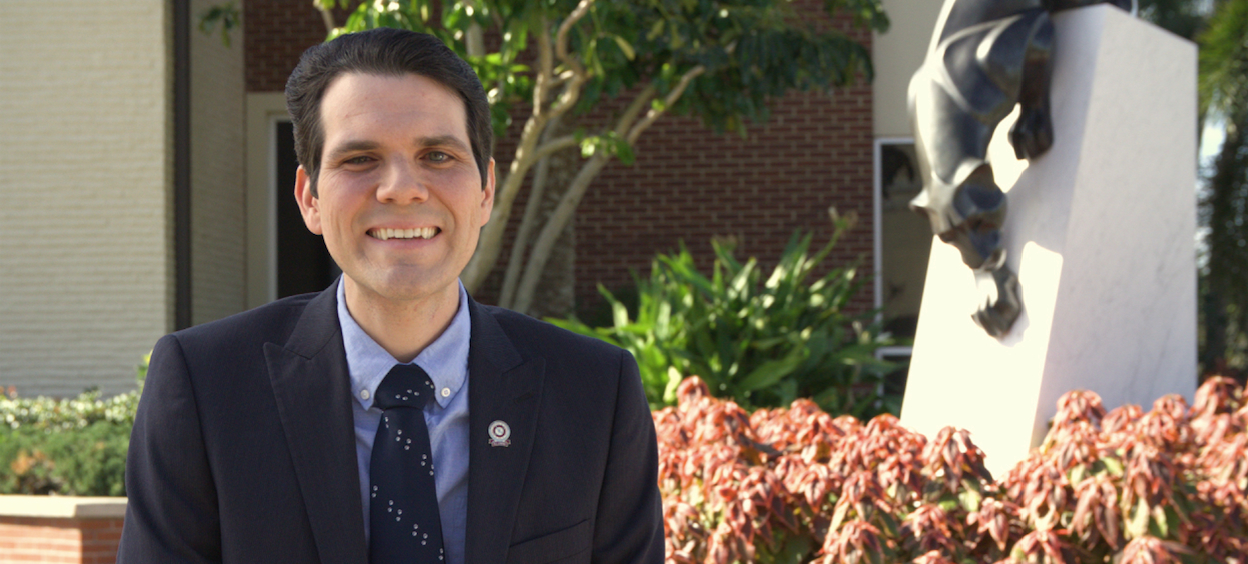Written by Jarin Eisenberg
Lately, I have been thinking a lot about perseverance, which might have something to do with running my first 5K.
I recently joined the board of Girls on the Run, a nonprofit organization that helps young girls build self-esteem and confidence through education and running. It led me to think about the friends I have who have run full marathons; who put in countless hours of training in the wee hours of the morning to get their bodies in the condition needed to take on the long, strenuous task of marathon running.
The more I thought about the race and the diversity of the runners – moms pushing strollers, men and women of all ages, children – the more I started to think about some of the students I have had in my courses who are putting in extra hours, perhaps in the late, late hours of the night, to accomplish their dream of earning a college degree.
So what does it take to persevere through a difficult challenge? What characteristics are possessed by people who can fight their way through the toughest of circumstances? Is this something we can teach in our classes? Is this another form of capital we can pass down to our students?
Martin Seligman, a renowned psychologist and one of the leading researchers on perseverance and education, suggests that you can pass down these qualities in the classroom. And that you can start by teaching students about optimism.
According to Seligman, we can learn to be optimistic. When we encounter a setback or an obstacle, do we stop what we are doing and abandon the task? Or do we see it as a temporary roadblock that we can overcome? Furthermore, how do we view our accomplishments? Do we attribute the good that we do to building a foundation of success for the future? Or do we see it as a one-off situation, a level of success that is a fluke and not to be reached again?
For students, you might want to ask yourself, what type of learner am I? When we typically ask students this question it usually relates to their style of learning. But we need to refocus that question because research suggests that students who have an understanding of perseverance – who know what it means to have “true grit” – perform better on academic measures.
In other words, we are asking a question that athletes are expected to answer all the time: Do you have what it takes?
There are other characteristics that help build perseverance: resiliency; self-control; and the ability to delay gratification in the pursuit of long-term goals. Studies on these characteristics suggest that how students approach their work and how they train themselves to see setbacks as “good” failures are key components in success.
So, next time you get a grade on a test that is less than you expected, don’t view it as a failure. It is an opportunity to do better on the next one. It is a chance to evaluate your strategy for prepping for the exam and, if necessary, create a new approach.
It is, simply, a test of your determination. Do you accept the challenge?
Jarin Eisenberg is the Major Gift Officer at Florida Tech. She previously was coordinator of online degree programs at Florida Tech’s Bisk College of Business, and is currently an online instructor. To learn more about Eisenberg, read our interview here.

